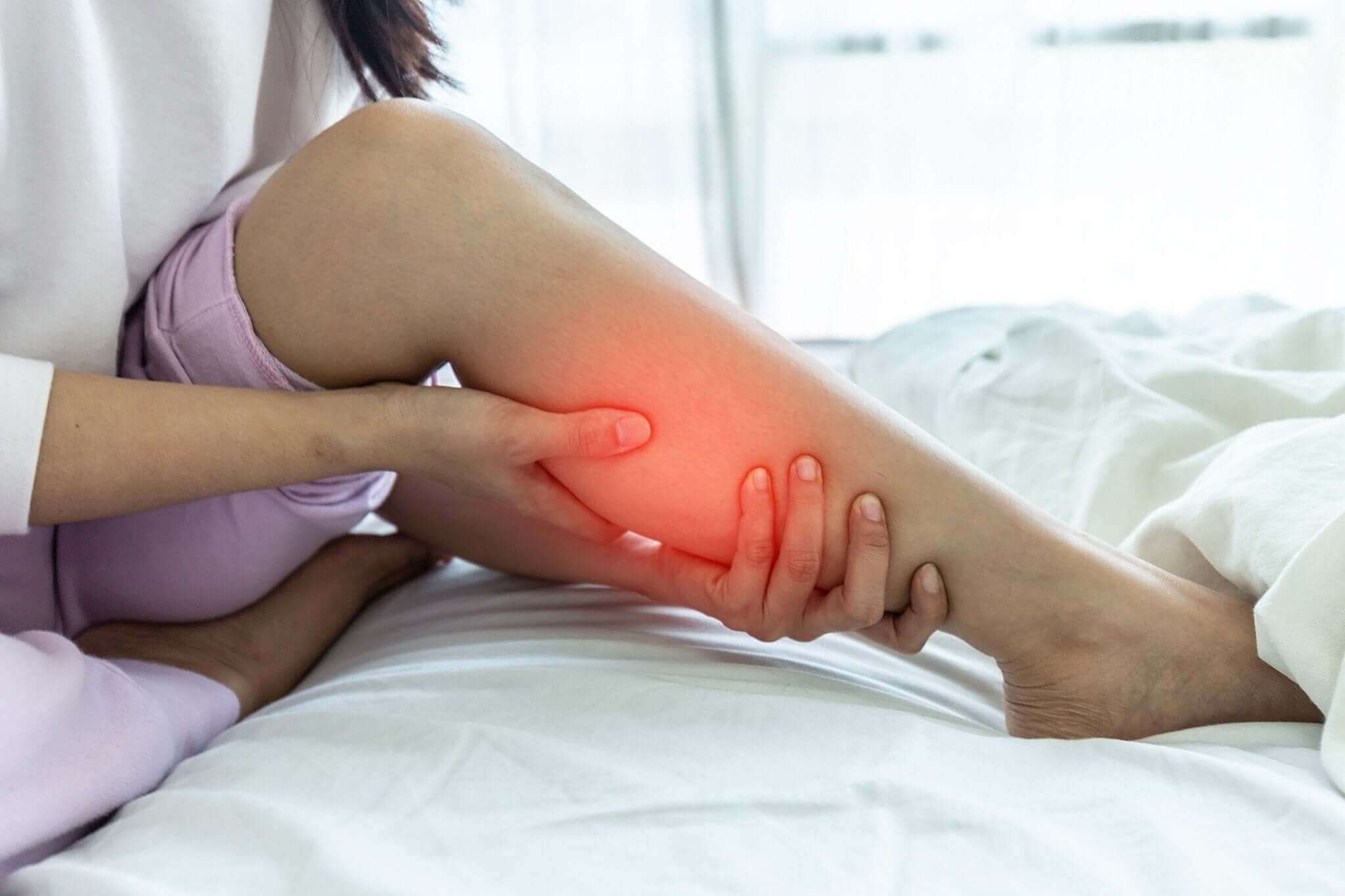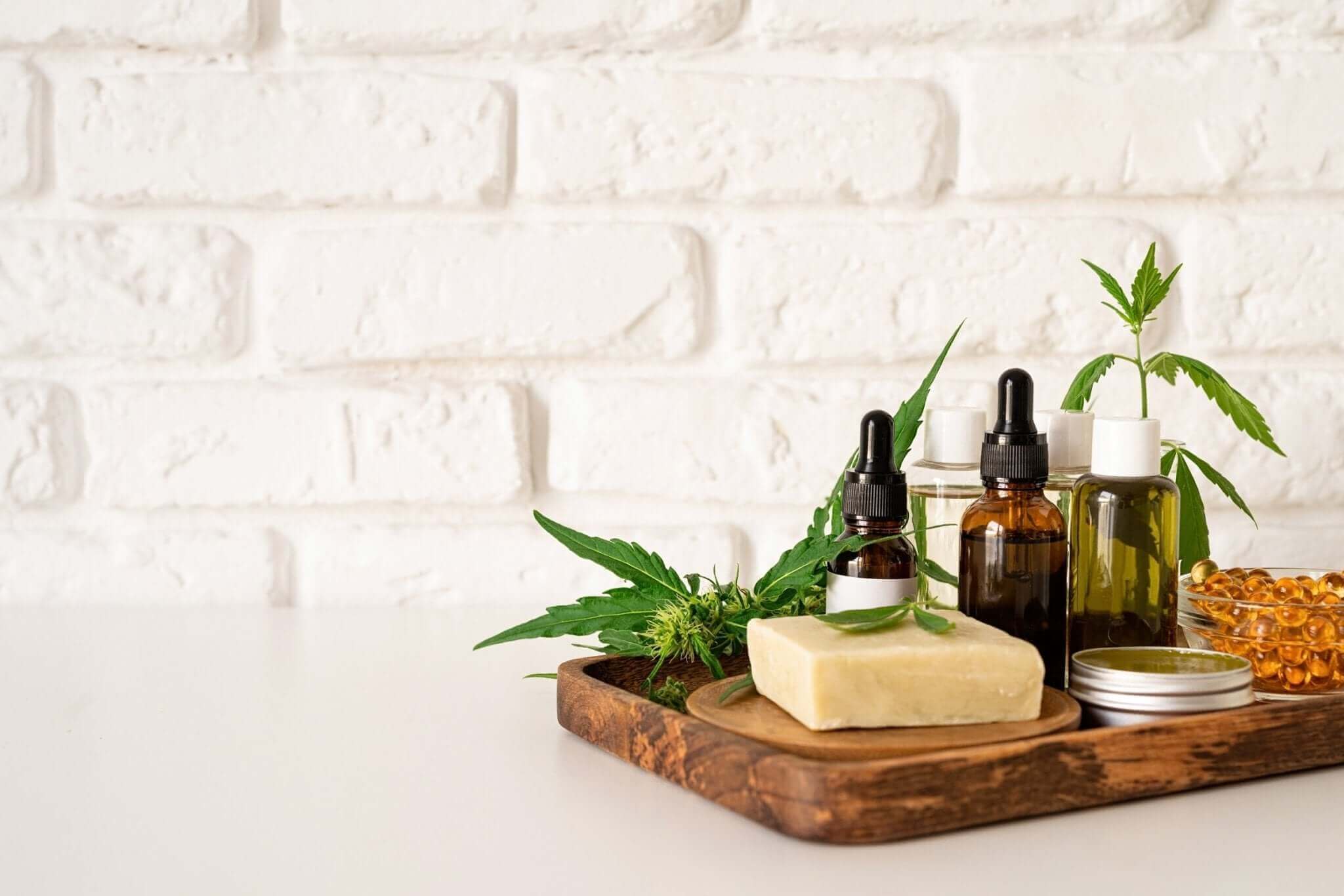Topical CBD For Pain: Does It Work?

Muscle pains, arthritis, migraines, period pains are all debilitating and can make it a real challenge to keep up with your daily routine, including how we interact with others. For those suffering from daily aches and discomforts, pain relief comes from trial and error and endless experimentations. You’ve probably choked down on hundreds of supplements and turned to all possible remedies including CBD.
CBD is a non-psychoactive cannabinoid found in the hemp plant that has shown promise in preclinical studies to alleviate many health conditions including insomnia, anxiety, nausea, inflammation and pain mostly associated with arthritis.
It’s no surprise why CBD topical products like salves and essential oils are cropping up in the market today and there’s a good chance you’ve already tried it (or at least are tempted to). According to a Gallup poll in August of 2019, 14% of Americans have reported using CBD products, and the number one reason for use is to mitigate pain.
One of the most popular uses for topical CBD products is for arthritis pain. In fact, a report from the Arthritis Foundation found that 79% of the 2,600 patients with arthritis had considered using CBD or had already used it. Among those who are using CBD, 29% of the respondents said they currently used it for arthritis symptoms while 55% applied a topical CBD product to the joints. Joint pain or a ‘wear and tear’ disease, is the most common type of arthritis among athletes and gym rats.
But do topicals really work? Let’s explore what the research says.
While studies are still in their infancy, the results are quite promising. Several clinical studies note that topical application of CBD can assist with alleviating pain related to conditions like arthritis, muscle aches, joint pains, migraines and even nerve damage.
A 2017 research published in the journal Pain found that prophylactic treatment with CBD stopped inflammatory pain and hindered its development in rats with osteoarthritis. In another study published in 2019 for Clinical Therapeutics, patients suffering from skin disorders like psoriasis and atopic dermatitis have seen significant improvements after applying a CBD ointment on the affected area.
A research done by Matthew Halpert, an instructor of immunology at Baylor College of Medicine in Houston, has found that CBD is able to hinder the production of inflammatory markers like tumor necrosis factor alpha which is made in overabundance by those who have conditions like rheumatoid arthritis. According to Halpert, topical CBD products don’t just cover up the pain or inflammation but they can actually make the pain go away for a certain period of time.
There have also been anecdotes of dramatic improvements by those who have tried CBD for pain; however, a well-designed and rigorous clinical trial on human models has yet to be conducted of just how effective CBD is to pain. This being said, it is important to note that further investigation is needed to fully explore CBD’s pain relief potential.
Is CBD better than mainstream medications?
While most types of pain can be mitigated with over the counter drugs, CBD is considered a less addictive and safer alternative. Cannabidiol use has little to no health risk or adverse side effects like those presented by opioid medications.
Although further research has yet to be conducted, many published studies compared CBD with other commercial pain medications and these studies have found CBD to be superior. In a 2019 study by Capano et al., 53% of chronic pain patients were shown to have improved chronic pain from CBD use and have eliminated their opioid use within eight weeks after adding CBD to their regimens.
How do CBD topicals help relieve pain?
The term ‘CBD topical’ is a classification of CBD products designed to be applied on the skin. This can come in the form of serums, gels, creams, salves, balms, lotions, soaps and bath bombs.
A topical CBD product designed for pain will not enter the bloodstream like how a CBD transdermal product or CBD ingestibles function, but it can help address pain on a targeted surface area of your body such as the joints.
When CBD absorbs through the skin, it offers localized relief by working with the cannabinoid receptors found on our skin. Cannabinoid receptors are part of the body’s endocannabinoid system, a body-wide system discovered in the 1990s that affects many important functions.
What type of CBD works best with pain?
A 2019 study published in Scientific Reports found that CBD products with higher THC levels were associated with greater symptom relief among more than 3,000 people but products with pure CBD or without any THC traces were not as effective. It is therefore suggested that full spectrum CBD will work best for pain relief.
If you’re looking for a CBD product to help soothe your pains, the market is chock full of choices. From CBD creams to CBD pills, CBD products have all the potential to mitigate the discomfort. For those who suffer from muscle and joint pains or from the typical strains from workouts, a topical CBD like a CBD gel roll on may be particularly useful.
Have you met your new bestie?
Named after our favorite female ally, Tub Therapy’s The Wingwoman is a clear, greaseless, topical pain relieving gel that helps keep those pesky pain at bay. When rolled onto the affected area, The Wingwoman works by deeply penetrating the toughest aches to help ease the discomfort.
It contains an incredibly potent full spectrum cannabidiol hemp extract (2500MG), a high percentage of menthol (3.5%) plus a unique herbal blend of Uncaria Tomentosa, Boswellia, and Ilex, for rapid soothing relief for arthritis, minor body aches, joint and muscle pains. The best part? It fits conveniently in an everyday purse or gym bag and makes the perfect companion for the gym rat, athlete, backpacker, outdoorsman, or just someone who struggles with daily aches and discomforts.
Should you try CBD for pain relief?
The short answer is a big resounding YES. While science hasn’t officially confirmed CBD for pain relief, there’s little-to-no risk in giving it a shot.
Given the anecdotal evidence and animal studies supporting CBD as a safer option for pain management, consumers and marketers believe it can be a potential alternative in treating pain, especially related to arthritis. Besides, most of the CBD-infused pain relieving topicals in the market contain scientifically-proven analgesic compounds such as menthol and camphor.
If you are one of many who relentlessly seek for the most effective pain relief, CBD topicals may just be the thing you need to help you get back on track with your daily activities without pain interfering.
References: health.usanews.com, pubmed.ncbi.nlm.nih.gov (1), pubmed.ncbi.nlm.nih.gov (2), health.harvard.edu, oarsijournal.com



